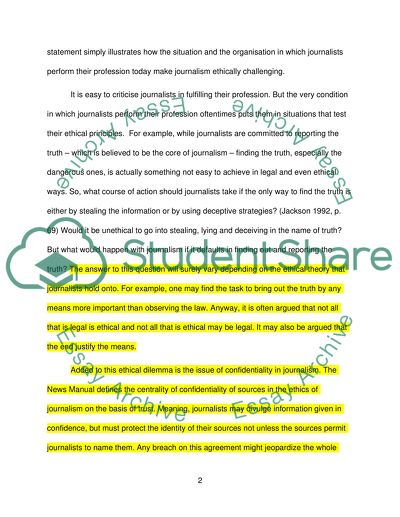Cite this document
(“Do Ethical Theories Help Journalists do Their Job Essay”, n.d.)
Retrieved from https://studentshare.org/journalism-communication/1442455-do-ethical-theories-help-journalists-do-their
Retrieved from https://studentshare.org/journalism-communication/1442455-do-ethical-theories-help-journalists-do-their
(Do Ethical Theories Help Journalists Do Their Job Essay)
https://studentshare.org/journalism-communication/1442455-do-ethical-theories-help-journalists-do-their.
https://studentshare.org/journalism-communication/1442455-do-ethical-theories-help-journalists-do-their.
“Do Ethical Theories Help Journalists Do Their Job Essay”, n.d. https://studentshare.org/journalism-communication/1442455-do-ethical-theories-help-journalists-do-their.


